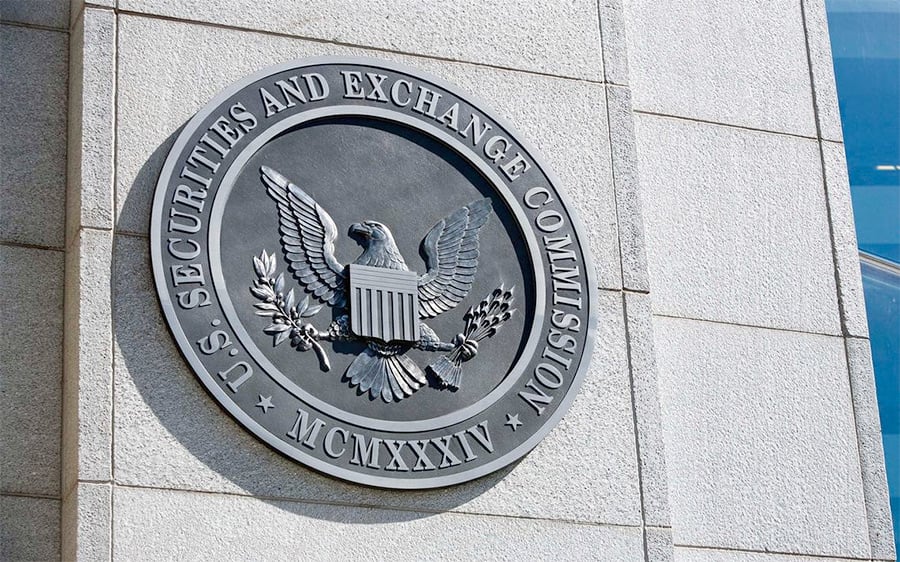SEC Action: In March 2019, the SEC found that an RIA and its former COO/CCO manipulated the auction of a commercial real estate asset on behalf of one client for the benefit of another client.[1]
According to the SEC’s order, while selling a commercial real estate asset on behalf of a client, a collateralized debt obligation (“CDO”), for whom they served as collateral manager, the RIA and its COO/CCO wanted to acquire the asset for another client, an affiliated commercial real estate investment fund (the “Fund”).
Breach of Fiduciary Duty: The RIA owed the CDO a fiduciary duty, which included an obligation to use its best efforts to maximize the price obtained for the asset by identifying multiple bids. The multiple bid process was also enumerated in the CDO’s governing documents. However, rather than seek out multiple bona fide bidders, the SEC found that the RIA used the Fund for one bid and convinced two unwilling parties to bid on the auction by; 1) assuring the parties that they would not win the auction, 2) providing the parties the Fund’s bid price. Ultimately, one of the bidders provided a bid but then failed to confirm the bid to the CDO’s trustee. The other bidder offered a price that was half the Fund’s bid. As a result of this manipulation, the Fund was the highest bidder and acquired the asset, only to later sell it for a substantial profit. The RIA and its Fund profited at the expense of the CDO client which was deprived of the opportunity to obtain multiple bona fide bids for the asset and thus maximize its proceeds.
Best Execution: Typically, best execution does not require an investment adviser to obtain the absolute best price for their clients, but it does require that advisers seek the most favorable terms reasonably available under the circumstances. In the action summarized above, the RIA did not seek the most favorable terms for the CDO client. This may have been caused, in part, by the RIA’s conflict of interest due to their affiliation with the Fund and the incentive fees provided for in the Fund’s agreement with the RIA.
Principal/Cross Trade: The SEC has previously stated that a principal account includes a private fund in which the investment adviser or its controlling persons, in aggregate, own more than 25% of the fund.[2] Ownership of 25% or less of an account may still present the opportunity for significant conflicts of interest between an investment adviser and its clients, creating incentives to treat unfairly the clients with which the account engages in transactions. While the SEC’s administrative actions did not confirm the percentage of the RIA’s ownership in the Fund, the case serves as a reminder to carefully consider all facts and circumstance prior to engaging in potential principal or agency cross trades with client accounts.
Outcome: The adviser and the former COO/CCO settled with the SEC consenting to a cease-and desist order, a 12 month suspension for the COO/CCO, fines, disgorgement of fees, interest and penalties totaling $472,758.
[1] https://www.sec.gov/news/press-release/2019-36
https://www.sec.gov/litigation/admin/2019/ia-5201.pdf
https://www.sec.gov/litigation/admin/2019/ia-5202.pdf
[2] https://www.sec.gov/divisions/investment/noaction/gardner060706.htm


